Document_CDP: LDC Resources
LDC Resources
19 November 2015
The Committee for Development Policy (CDP) launched today the second edition of the Handbook on the Least Developed Country Category: Inclusion, Graduation and Special Support Measures at a briefing in New York. The Handbook contains a detailed description of the procedures and methodologies used by the CDP in the identification of least developed countries (LDCs), as well as an overview of the international support measures associated with the LDC category. As a supplement to the Handbook, the LDC 2015 Country Snapshots was also presented at the briefing. The Country Snapshots is a compilation of one-page profiles for each of the 48 countries classified as LDCs in 2015 and illustrates the gaps in progress towards the LDC graduation thresholds for each country.
24 August 2015
The purpose of this paper is to discuss the role that ODA can play in the development process of LDCs and the way in which aid should be allocated among countries.
31 March 2015
Report of the Committee for Development Policy (E/2015/33, Supplement No. 13) عربي, 中文, English, Français, Русский, Español CDP excerpts on the report by theme The role of ODA in the new financing for development landscape Accountability for the post-2 ...
24 November 2014
The paper details the onerous process involved in the accession of LDCs to the WTO and describes the context of Nepal's negotiating positions.
12 October 2014
This paper reviews some of the main international support measures from the perspective of five LDCs.
15 September 2014
This paper is concerned with answering the question.
14 September 2014
This paper examines the prospects of achieving a main goal of the Istanbul Programme of Action - at least half of the LDCs to meet the graduation criteria by 2020.
15 July 2014
The paper examines the relevance of trade preferences accorded to Bangladesh as an LDC for its recent accelerated development of its economy.

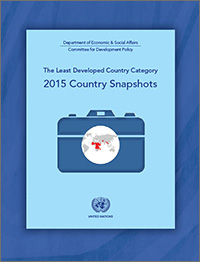
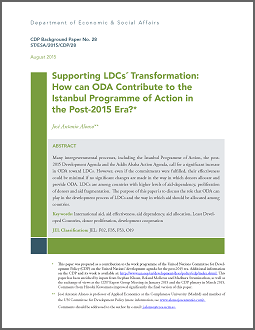
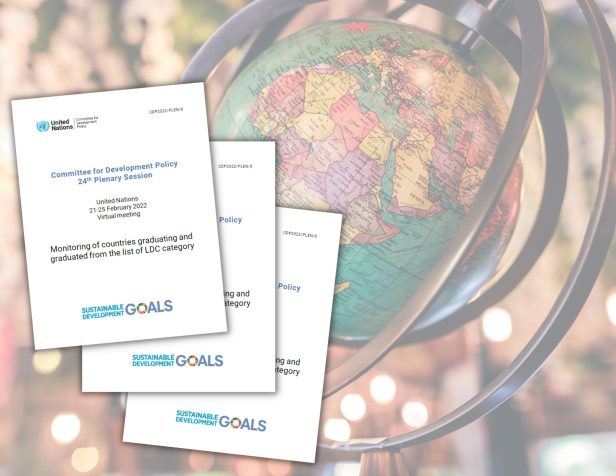


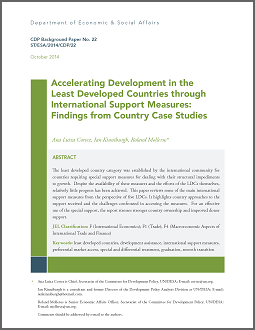

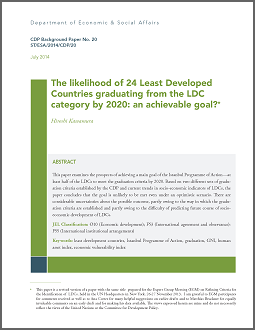

Follow Us